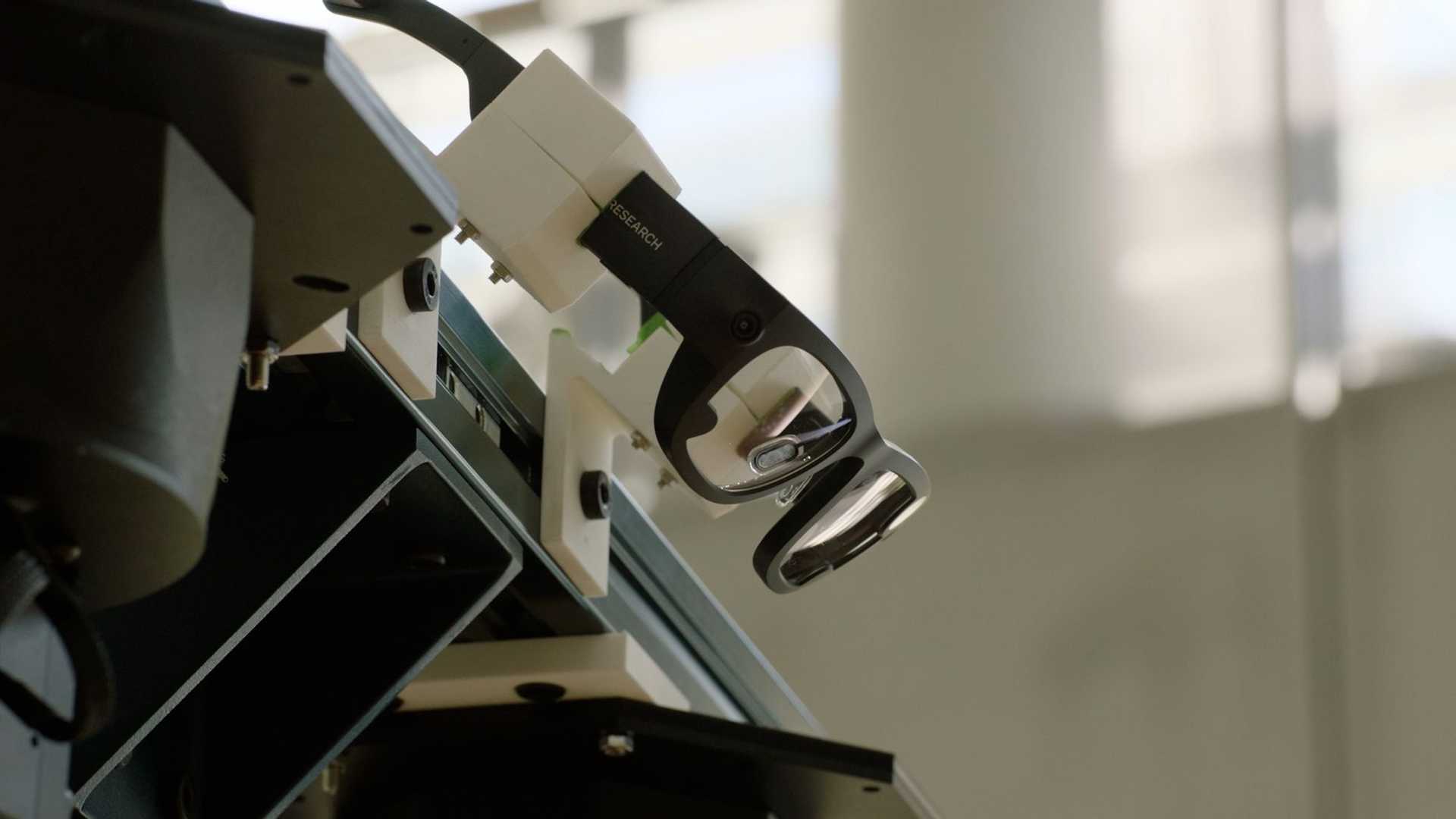EgoMimic: Georgia Tech PhD student uses Project Aria Research
Today, we’re highlighting new research from Georgia Tech that helps train robots to perform basic everyday tasks using egocentric recordings from wearers of Meta’s Project Aria research glasses. Imagine having help completing everyday tasks in your home such as doing the laundry, washing dishes, and making repairs.
Revolutionizing Robotics Training
We already use tools to help with these tasks, like washing machines, dishwashers, and electric drills. But what if you could have an even more powerful and flexible tool in the form of a humanoid robot that could learn from you and accelerate any number of physical projects on your to-do list?
Traditional methods of teaching a robot to do everyday tasks can be slow and clunky. However, by using the Project Aria Research Kit, Professor Danfei Xu and the Robotic Learning and Reasoning Lab at Georgia Tech have found a breakthrough approach.

The Human Data Approach
They use the egocentric sensors on Aria glasses to create what they call “human data” for tasks that they want a humanoid robot to replicate. This method drastically reduces the amount of robot teleoperation data needed to train a robot’s policy, paving the way for more efficient robotics training in the future.
Introducing EgoMimic
Inspired by projects like Project Aria and Ego-Exo4D, Simar Kareer developed EgoMimic. This new algorithmic framework utilizes human data and robot data for humanoid robot development and training.
Human Data for Enhanced Robot Performance
Kareer’s research demonstrates the potential of using egocentric data to significantly enhance a robot’s performance across various tasks. By leveraging just 90 minutes of Aria recordings, Kareer achieved a 400% increase in his robot’s performance, enabling it to successfully complete tasks in previously unseen environments.

Looking towards the future, humanoid robots trained at scale using egocentric data could revolutionize the way tasks are performed, bridging the gap between human demonstrators and robotic actions.
Scaling Research with Aria Glasses
James Fort, a Reality Labs Research Product Manager at Meta, views Aria glasses as an investment in the research community, emphasizing the importance of standardized egocentric research. By scaling research efforts, the community can collaborate more effectively and tackle larger challenges in the field of robotics.
Presenting at ICRA 2025
Kareer will be presenting his paper on EgoMimic at the 2025 IEEE Engineers’ International Conference on Robotics and Automation in Atlanta, showcasing the potential impact of his research on the robotics and AI industry.




















